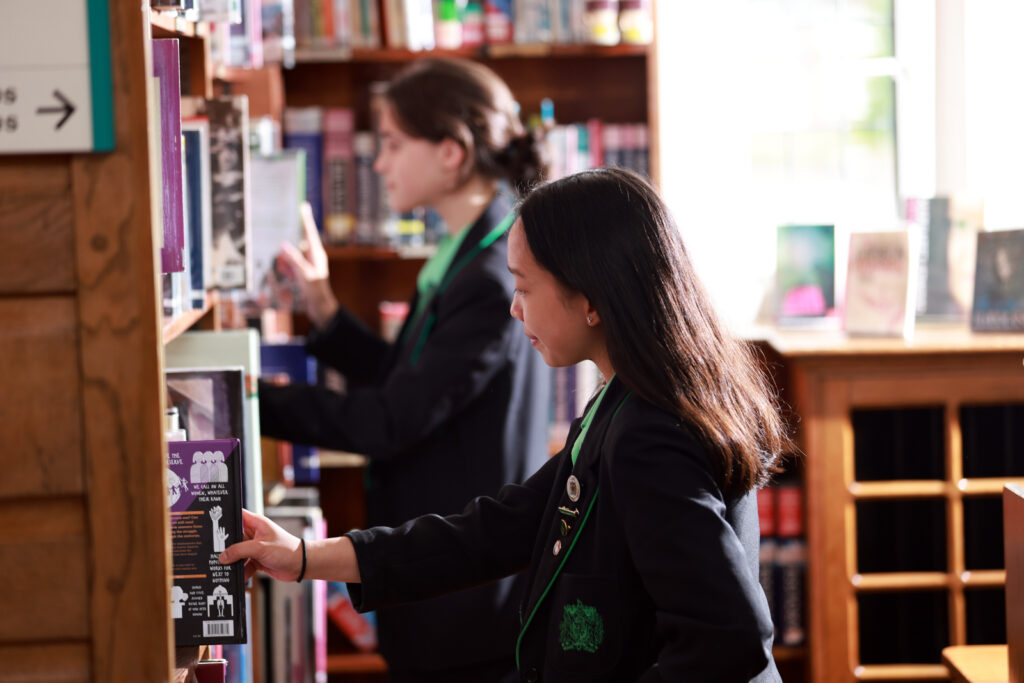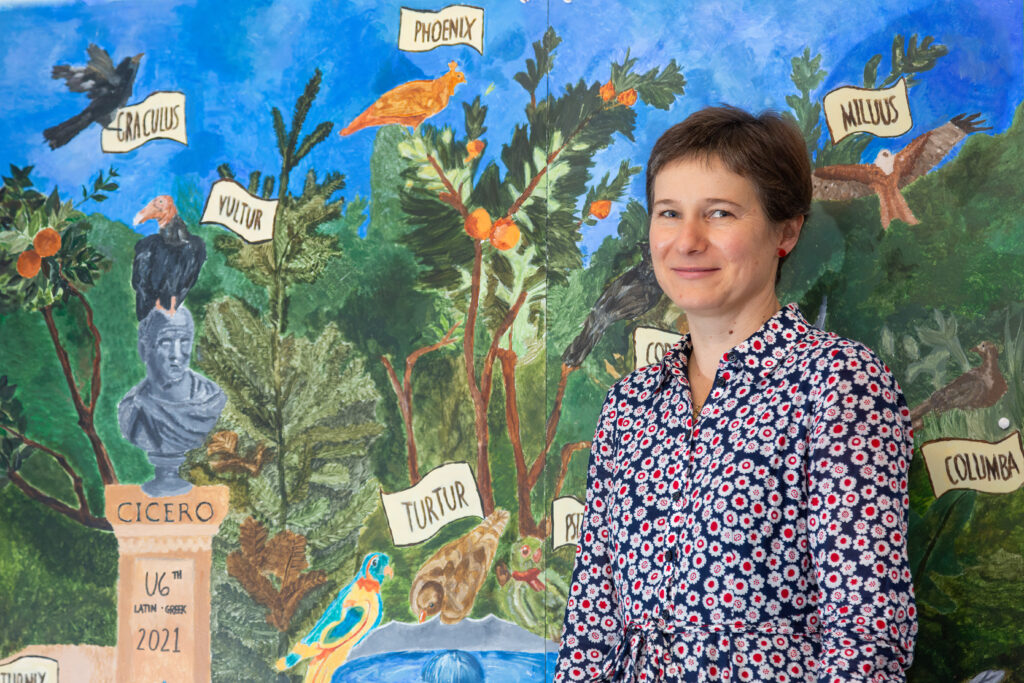Classics

Every student studies Latin for the first three years and is then able to choose Latin at GCSE and at A Level. We use a modern textbook, Suburani, as our principal resource, and we follow the OCR courses at GCSE and A Level. Classical Greek is also available at GCSE and A Level.
At KEHS, we teach Classics (Latin and Classical Greek) to Oxbridge level.
The study of Latin (including Latin literature in the original) and of Roman culture and society, greatly enriches our understanding and appreciation of the cultural, linguistic and literary heritage of Western civilisation. Latin offers a wealth of cross-curricular opportunities; links to History, English, Drama, Modern Languages and the Sciences are exploited in lessons, encouraging girls to make connections independently and to see their education as a continuum, rather than as a collection of discrete and disparate elements.
Every student studies Latin for the first three years at KEHS. The study of Latin (including Latin literature in the original) and of Roman culture and society, greatly enriches our understanding and appreciation of the cultural, linguistic and literary heritage of Western civilization.
Latin offers a wealth of cross-curricular opportunities; links to History, English, Drama, Modern Languages and the Sciences are exploited in lessons, encouraging students to make connections independently and to see their education as a continuum, rather than as a collection of discrete and disparate elements. The study of Latin and Roman civilization offers a unique opportunity in the Lower School curriculum: to be able to study a whole society as opposed to elements of it.
The Roman world is removed from us in both time and place, which makes it an ideal arena for the exploration of fundamental issues still affecting society today, for example: beliefs about life after death; systems of government; the position of women in society; religious and social prejudices. The Latin language is undeniably a rigorous academic discipline, but teaching staff work hard to ensure that it is made accessible and interesting to all students. We employ a range of activities during lessons in order to cater for different learning styles and interests: drama; art; creative writing; ICT; student-led research projects and presentations; debating; prose composition; film making.
Classical Greek
A GCSE in Classical Greek distinguishes students from the crowd for their scholarly aptitude, their attention to detail and their willingness to embrace challenge. To study Classical Greek imparts a broad mix of transferable skills.
The subject incorporates grammar and a large amount of lively reading material. In Year 10, students are introduced to the wider context of the Greek world and study topics such as the Olympic Games and Athenian democracy. Later in the course students embark on set text literature work, and read original Classical Greek literature.
Latin
By studying GCSE Latin, students continue to develop their knowledge and understanding of our cultural, literary and linguistic heritage. Students are encouraged to appreciate further the unique contribution made by the Roman world to modern society. This aids understanding of the origin of many concepts in areas such as literature, politics, philosophy, society, religion and law.
GCSE Latin builds on the knowledge and understanding students have gained in their study of Latin in the Lower School. The course book ‘Suburani’ is completed in Year 10; during Year 11, John Taylor’s Latin to GCSE, Essential GCSE Latin and other GCSE readers are used to deliver the outstanding linguistic content of the course and to practise translation and comprehension skills. In addition, students in Year 10 continue to learn about Roman Life with topics such as Pompeii and Gladiators. Students will embark on set text literature work, and read original Latin literature.
Greek and Latin
Students will continue their study of the Latin and Greek languages, consolidating and building on the knowledge they gained at GCSE, translating increasingly complex passages with fluency. Students are supported to expand their knowledge of vocabulary by further reading and providing vocabulary lists which have to be learnt. They will study texts written by a range of prose and verse authors to develop their linguistic competence and deepen their knowledge of the Classical World.
Meet the Head of Department
Mrs Coetzee was lucky enough to study both Latin and Greek at school and continued with Classics at the University of Cambridge. After two years teaching English in Japan, she realised that teaching was her vocation.
Mrs Coetzee believes that the Ancient World provides us with so much – not just the fascinating content, but the ability to reflect on the modern world and the skills it teaches our students. She is also heavily involved in the Duke of Edinburgh’s Award Scheme and enjoys working with our students outside the classroom and sharing her love for the outdoors and walking with them.

Future Careers
Those who pursue Classical Greek or Latin studies at both A level and degree level can explore diverse career opportunities in fields such as management, law, advertising, journalism, the Civil Service, finance, and education, among others.
Graduates with a classical degree, including Classics, Latin, Archaeology, and Ancient History, have a wide range of employment prospects. These include vocational paths such as research, teaching, librarianship, archive and museum work, as well as opportunities in the public sector, such as the civil service, local government, social work, and the health service. There are also a number of opportunities in the private sector, encompassing managerial roles, public relations, accounting, banking, computer analysis, law, publishing, journalism, advertising, and more.
Beyond the classroom
The Classics Department runs regular trips and visits to enhance the students’ appreciation and enjoyment of their studies. There are annual visits in the Lower School for each year group. Students in Year 7 visit Chedworth and Cirencester, in Year 8 students explore Bath and Year 9 students go to Roman Verulamium.
Students studying Classical Greek enjoy seeing plays performed in the original language in Oxford and London. Residential visits within the UK and overseas are also organised, sometimes in collaboration with King Edward’s School; for example, a large group of KEHS girls and KES boys visited Greece in Easter 2023 and we are taking a group to Hadrian’s Wall for a weekend in March 2024.
We regularly accompany students from KEHS and KES to lectures and presentations organised at the University of Birmingham by the Birmingham and Midlands Classical Association.







